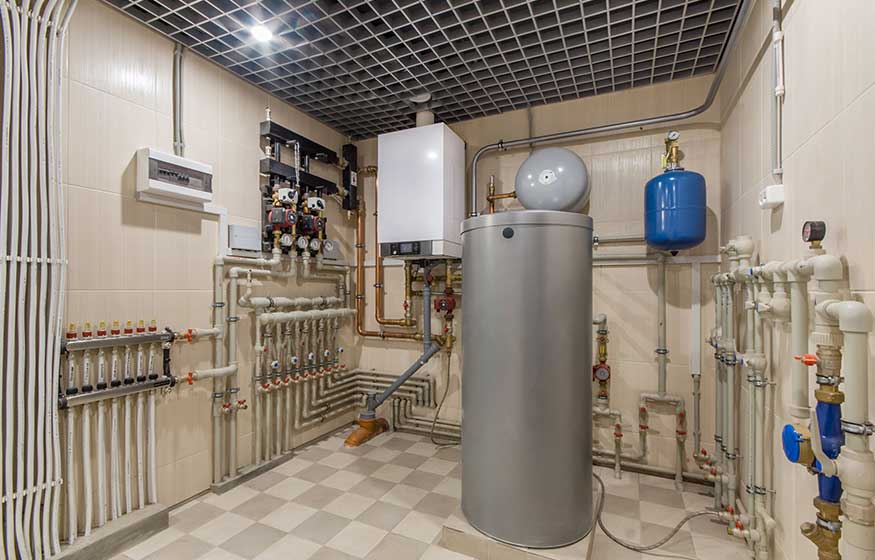The Average Lifespan Of A Tankless Water Heater

Over the years, tankless water heaters have gained popularity due to their energy efficiency, compact size, and convenience. A common question that arises when considering this type of water heater is regarding the lifespan of a tankless water heater. Understanding the lifespan and factors that influence it is crucial for homeowners to make informed decisions, especially when comparing with other types of water heaters.
Average Lifespan: How Long Do They Last?
On average, a tankless water heater can serve you for 20 years or more, almost twice as long as its traditional tank-based counterparts. This longevity, paired with their superior energy efficiency, often offsets their higher upfront cost, making them an economically sound choice in the long run.
This longevity is not a guarantee, however. Like any appliance, the lifespan of a tankless water heater can depend on various factors, such as the unit’s quality, installation, usage patterns, and maintenance practices.
Quality and Installation: The Role They Play
The initial quality of your tankless water heater plays a significant role in its lifespan. Higher quality units are designed to withstand the rigors of constant use and are built with durable materials that resist wear and tear. Hence, investing in a reputable brand often equates to a longer-lasting unit.
Equally important is the quality of the installation. An improperly installed tankless water heater can lead to operational issues and reduce the lifespan of the unit. Therefore, it is critical to have your heater installed by a certified professional who understands the specifications and requirements of your specific model.
Usage and Maintenance: Essential for Longevity
Usage patterns can also influence the lifespan of a tankless water heater. Overuse or continuous operation of the unit can lead to premature wear and tear. Thus, ensuring your tankless water heater is appropriately sized for your home and hot water demand is crucial.
Routine maintenance is another factor that greatly influences the longevity of a tankless water heater. Proper maintenance not only prolongs the lifespan of your unit but also ensures it operates at peak efficiency. This maintenance includes flushing the unit to remove mineral buildup, checking for leaks, inspecting the heating elements, and replacing worn-out components as needed.
Extending the Lifespan: Proactive Maintenance
Proactive maintenance is the key to extending the lifespan of a tankless water heater. Regularly scheduled professional inspections can detect potential issues early before they become severe problems, preventing damage, and prolonging the unit’s life.
In addition to professional servicing, homeowners can take some steps themselves to keep their water heaters running optimally. For instance, regularly cleaning the water inlet screen, adjusting the temperature to a lower setting when the demand for hot water is low, and being mindful of the quality of water used (hard water can cause mineral buildup, reducing efficiency and lifespan) are all simple ways to prolong the life of your tankless water heater.
Conclusion: Maximize Your Tankless Water Heater’s Lifespan
In summary, the lifespan of a tankless water heater is impressive, with many units lasting up to two decades. This lifespan, however, is dependent on various factors, including the initial quality of the unit, the installation process, usage patterns, and maintenance practices.
By understanding these factors and taking a proactive approach to maintenance, homeowners can extend the lifespan of their tankless water heaters, ensuring they get the most out of their investment. Whether you already own a tankless water heater or considering investing in one, being mindful of these factors will enable you to enjoy a consistent supply of hot water for many years to come.
